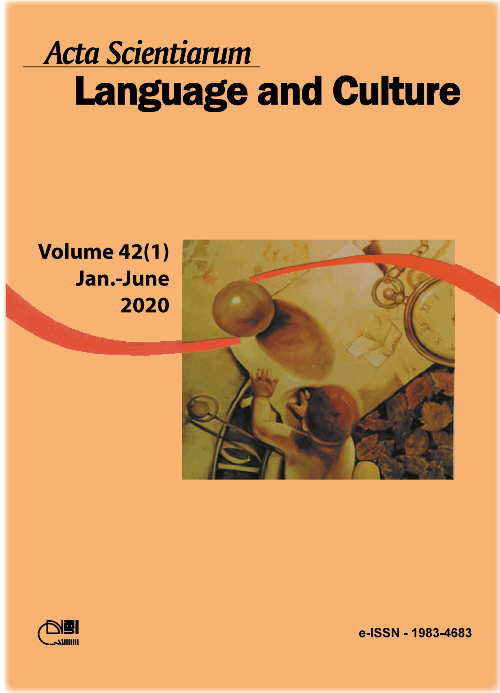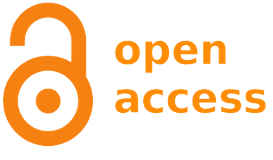A pragmatic view of hashtags: the case of impoliteness and offensive verbal behavior in the Brazilian Twitter
Abstract
Studies on impoliteness have encompassed a wide range of social relations and scenarios, including some in which the means for achieving impoliteness is solely, or at least, more saliently linguistic. Among these scenarios, Digital Communication (DC) media, such as Twitter and blogs may incite linguistic manifestations of impoliteness. Since hashtags are ubiquitous in the interpersonal spaces of Twitter, the aim of this study is to investigate how hashtags were used to express offensive behavior and to convey impoliteness in the Brazilian Twitter. We compiled a corpus of 512 hashtags extracted from Brazilian Twitter in 2017 and 2018. Hashtags were manually collected from Twitter ‘trending topics’, and from 3 media sources, written in Brazilian Portuguese. Hashtags associated with offense, including derogatory language, taboo words and mockery were analyzed. Our findings suggest that hashtags served as strategies of impoliteness, since they intensified the contents of the tweets and framed the interpretation of verbal aggressiveness. While they did that, they also helped maximize face attacks in that they inscribed the tweets in a bounded communicative sphere of aggressiveness, mockery and derogatory language. Verbal attacks were mainly intended to politicians and to Brazilian public figures in general. While this permissiveness allowed for greater spontaneity and agility in the exchanges, it also encouraged outrageous uses, which would not be otherwise accomplished were it not for the transient and ephemeral framework of DC. This study shed light on the Pragmatics of DC, showing how ‘new’ features of the medium can be used to convey impoliteness.
Downloads
Metrics
DECLARATION OF ORIGINALITY AND COPYRIGHTS
I Declare that current article is original and has not been submitted for publication, in part or in whole, to any other national or international journal.
The copyrights belong exclusively to the authors. Published content is licensed under Creative Commons Attribution 4.0 (CC BY 4.0) guidelines, which allows sharing (copy and distribution of the material in any medium or format) and adaptation (remix, transform, and build upon the material) for any purpose, even commercially, under the terms of attribution.
Read this link for further information on how to use CC BY 4.0 properly.




















6.png)









